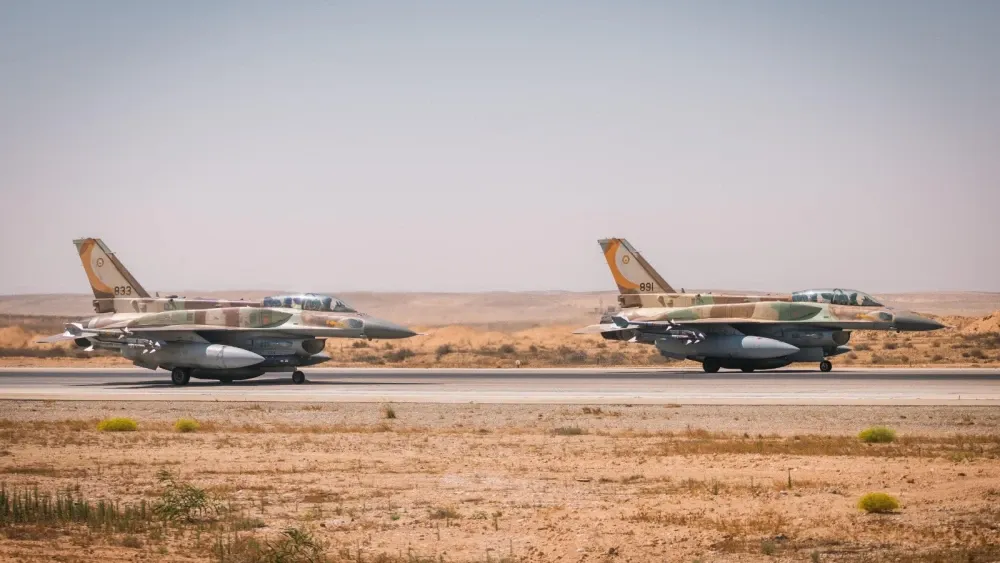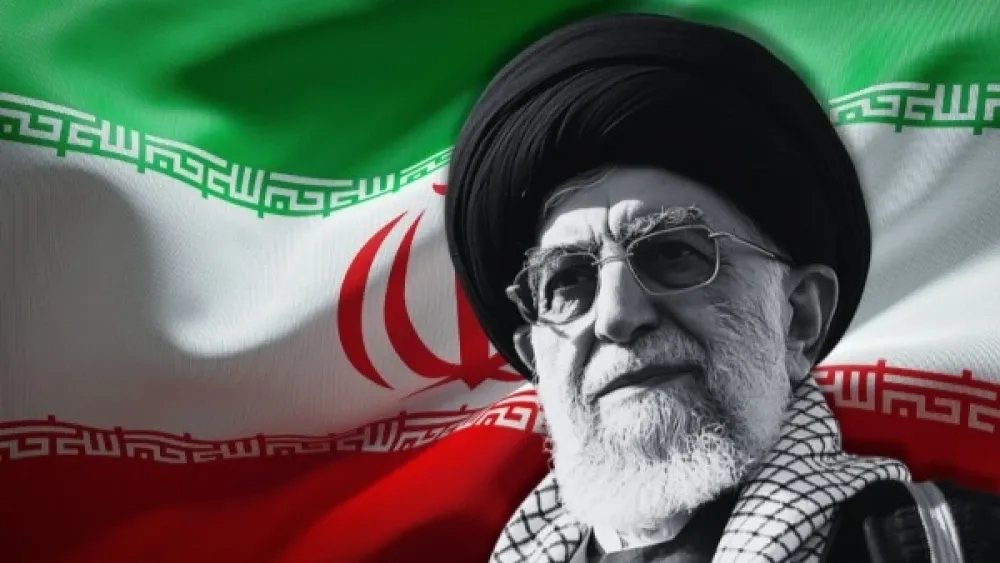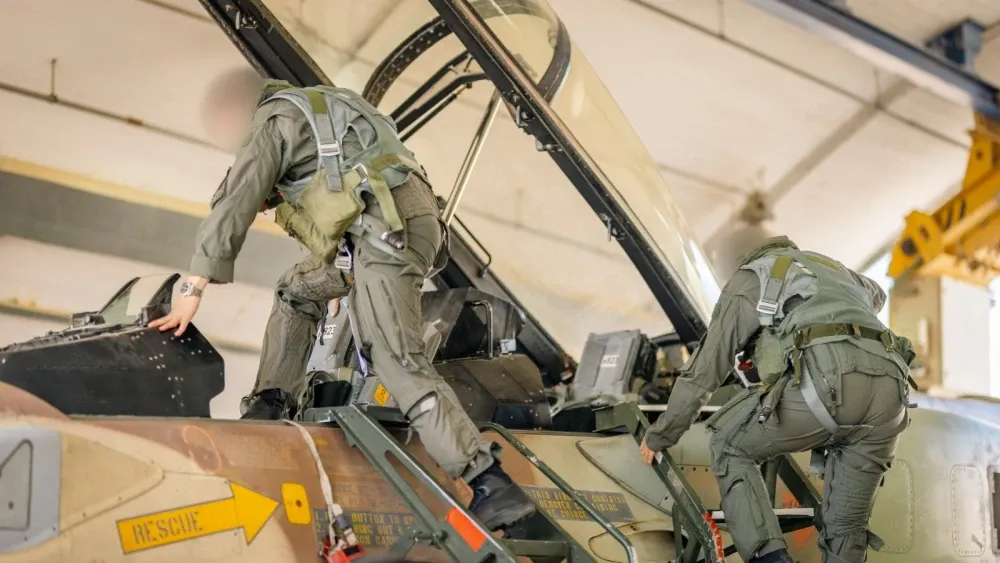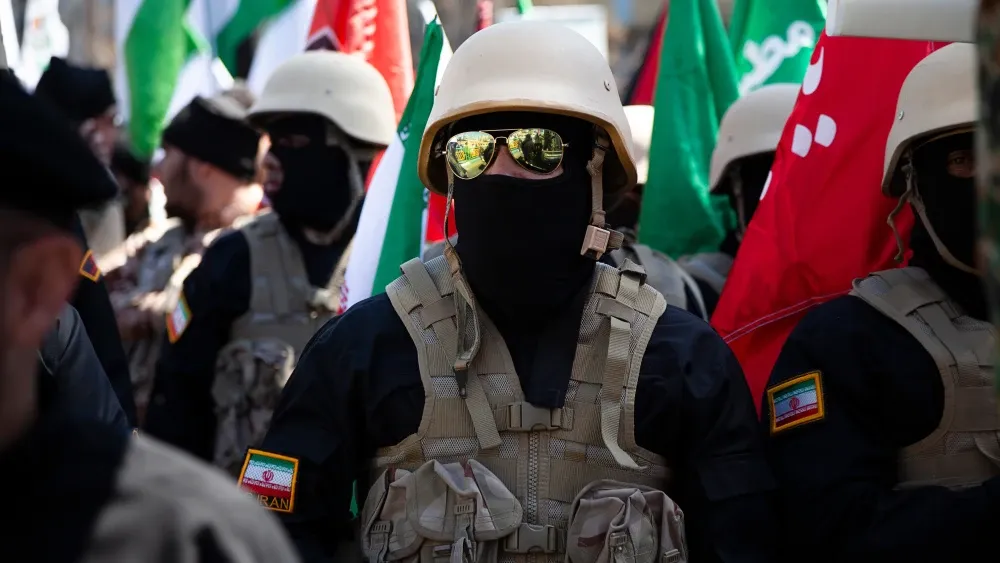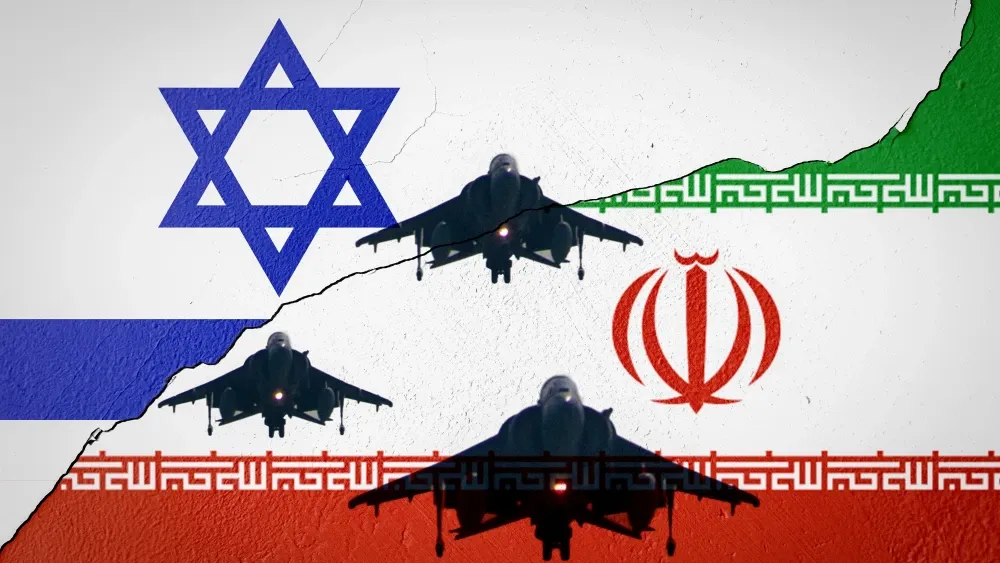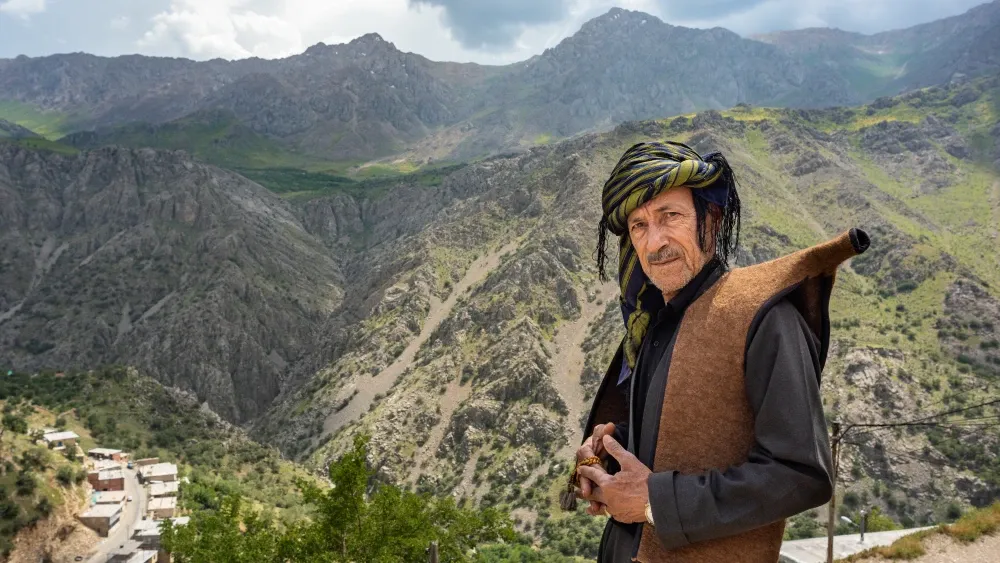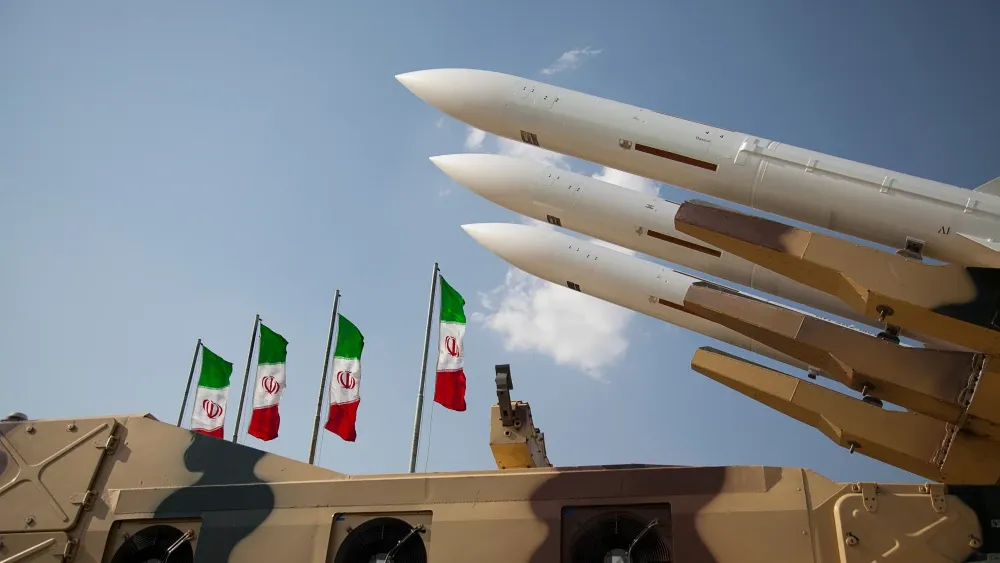| ||
 | ||
| Special Edition: Israel Strikes Iran By Winfield Myers ● Jun 13, 2025 Smart Brevity® count: 6 mins...1613 words How will Israel’s ongoing strikes against Iran’s nuclear and military facilities affect the region? Will the Islamic Republic survive? If not, what will replace it, and how? How can the U.S. take maximum advantage of the opportunities Israel’s strikes create? In this special edition, Michael Rubin, Jonathan Spyer, Jim Hanson, and others address these and other questions. As events unfold, we will keep you informed, so stay tuned for additional issues of the Dispatch in coming days. | ||
Israel’s War with Iran Is About to Truly BeginIsrael has launched Operation “Rising Lion” targeting Iranian nuclear and military facilities, marking a new phase in the Israel-Iran conflict. Why it matters: This operation highlights the strategic vulnerability Iran faces due to its prolonged aggression and proxy mobilizations, which have backfired, weakening its capacities.
The big picture: Iran's reliance on proxies like Hezbollah and Hamas, and its direct confrontations, have strained its resources and strategic posture.
What’s next: Iran's potential retaliation could involve missile strikes and drone attacks, escalating the conflict further.
To read the full article, click here. | ||
Israel Strikes Iran’s Nuclear Programs and LeadershipMEF Chief Editor Jim Hanson praised Israel's recent strike on Iran's nuclear facilities and military leadership as a significant strategic move. Why it matters: This operation not only targets Iran's nuclear capabilities but also disrupts its leadership, potentially preventing organized retaliation.
What they're saying: Hanson noted that the Iranian regime has minimal support, with only 20-25 percent of the population backing their leadership.
The bottom line: As the situation escalates, the region braces for Iran's possible retaliatory measures. However, with weakened leadership and diminished military capabilities, Iran's response might be fragmented and less effective. To watch the video and read the full transcript, click here. | ||
Iranians Cheer Israeli Strike on Iran’s Revolutionary Guard LeadershipFollowing Israel's June 13, 2025, attack on Iran's military and nuclear targets, Iranian activists and citizens expressed a celebratory mood on social media, viewing it as a blow to the oppressive regime. Why it matters: The Israeli strikes obliterated the leadership of the Islamic Revolutionary Guard Corps (IRGC), the regime's stronghold of repression, igniting hopes of dismantling the oppressive regime.
What they're saying: Exiled crown prince Reza Pahlavi called on military forces to defect, while activist Masih Alinejad declared the removal of IRGC figures a triumph for justice.
The bottom line: Iran stands on the brink of a seismic shift. The strikes have not only exposed the regime's frailties but also amplified opposition voices, potentially transforming the future of Iran's governance.
To read the full article, click here. | ||
Israel Strikes Iran with a Mighty RoarIn a bold move, Israel launched Operation Rising Lion on June 13, 2025, delivering a crippling blow to Iran's nuclear and military infrastructure, signaling a no-tolerance stance on threats to its existence. Why it matters: The operation decisively challenges Iran's nuclear ambitions, shattering the illusion that diplomatic efforts were effective in curbing Tehran's nuclear breakout.
The big picture: Iran's covert nuclear maneuvers and deceitful diplomacy have long been a thorn in the side of international peace.
Australia's role: Australia must now navigate its diplomatic stance amid mounting tensions, as its actions could sway international responses.
What’s next: Should the Islamic Republic fall, Iranians are going to demand a truth-and-reconciliation commission, if not trials for top regime officials guilty of torture, rape, and murder. They will want justice dispensed to the jailers at Evin Prison.
Impact on Iran: The strikes have unraveled Iran's military command, leaving its nuclear ambitions in disarray and its leadership exposed.
To read the full article, click here. | ||
If Iran Falls, America Must Hunt Down Those Who Killed Its TroopsIn 2003, Iran assured the U.S. and U.K. of non-interference in Iraq, but Iranian-backed insurgents later killed hundreds of Americans. Why it matters: Tehran's duplicity in diplomacy has cost American lives and weakened U.S. deterrence.
What Trump must do if Iran falls: The U.S. should seize the opportunity to bring justice for American victims of Iranian terror.
The bottom line: Israel's actions present a rare chance for the U.S. to address long-standing grievances and hold Iran accountable. Justice for American victims must not be delayed any longer.
To read the full article, click here. | ||
After Regime Change: Iranian Leaders Must Stand TrialIsrael has targeted multiple sites across Iran, with explosions in Tehran and Tabriz signaling a potential death blow to the regime. Why it matters: The strike aims to halt Iran's imminent nuclear weapons production, highlighting the failure of international diplomacy.
The big picture: Iran's regime has long lost its legitimacy, and precise strikes on regime officials could galvanize public support for regime change.
What’s next: The attack marks the end of one chapter, but the story continues.
To read the full article, click here. | ||
Do the Kurds and Baluch Have a Plan Following Israel’s Blow to Iran’s Regime?Frustrated by Western inaction, Israel's strikes on Iran highlight the need for internal pressure from Iran's national and ethnic minorities to drive regime collapse. Why it matters: The Kurds and Baluch, with their organized armed forces and territorial ties, are crucial to shaping post-regime Iran.
The big picture: The Kurds have defied Tehran since 1979, advocating for secularism and federalism, while the Baluch have faced decades of marginalization.
What’s next: To capitalize on this moment, the Kurds and Baluch must unify politically, coordinate across ideological lines, and present a clear plan for self-governance.
To read the full article, click here. | ||
Iran With Nuclear Weapons Is the Real Threat, Not an Israeli StrikeFrustrated by Western inaction, Israel's direct attacks on Iran's military, intelligence, and nuclear sites could redefine Middle Eastern geopolitics. Why it matters: Israel's bold actions echo the strategic impact of Operation Desert Storm, potentially reshaping the region's power dynamics and instigating regime change.
The big picture: U.S. reticence, shaped by past conflicts in Afghanistan and Iraq, risks overlooking Israel's potential to dismantle Iran's "axis of resistance."
What’s next: The collapse of Iran's regime could open unprecedented diplomatic opportunities, akin to the post-Desert Storm era. To read the full article, click here. | ||
| Thank you for reading this special edition of the Dispatch. As events unfold, count on the Middle East Forum to bring you continuing updates and analyses. Please share this with a friend and let us know what you think of our ongoing coverage. Thank you, Winfield Myers | ||
| Was this edition useful? Your email will be recorded and shared with the sender | ||
| Powered by | ||
| ||

